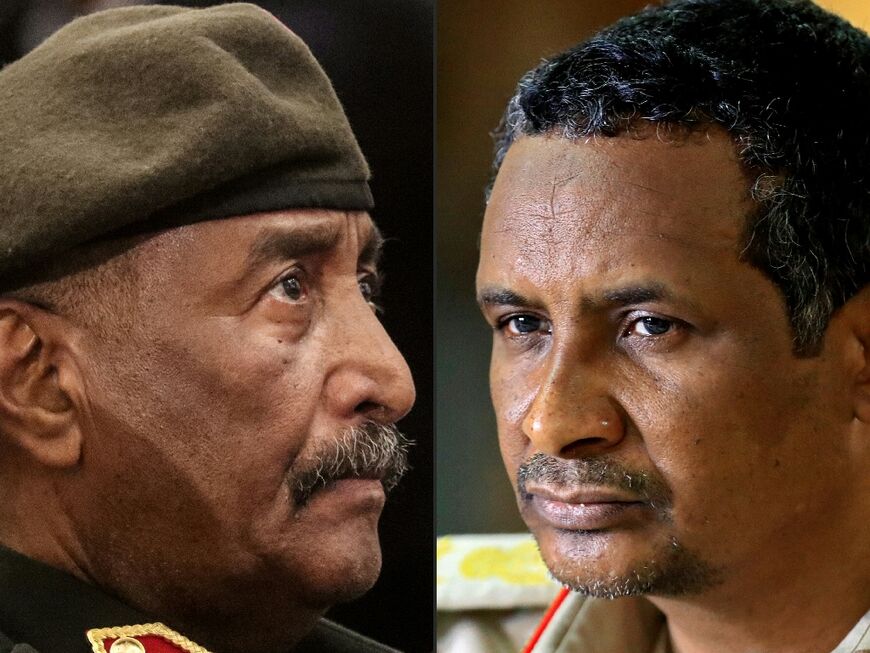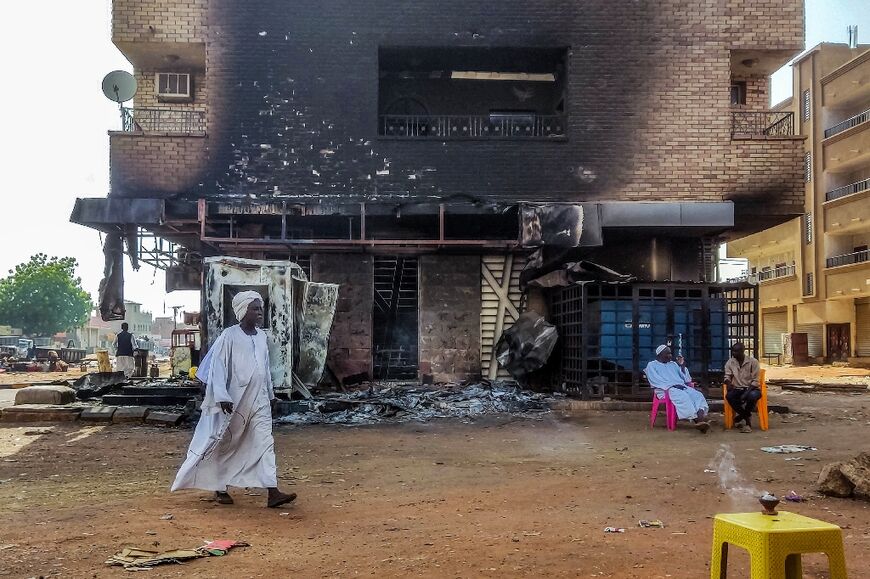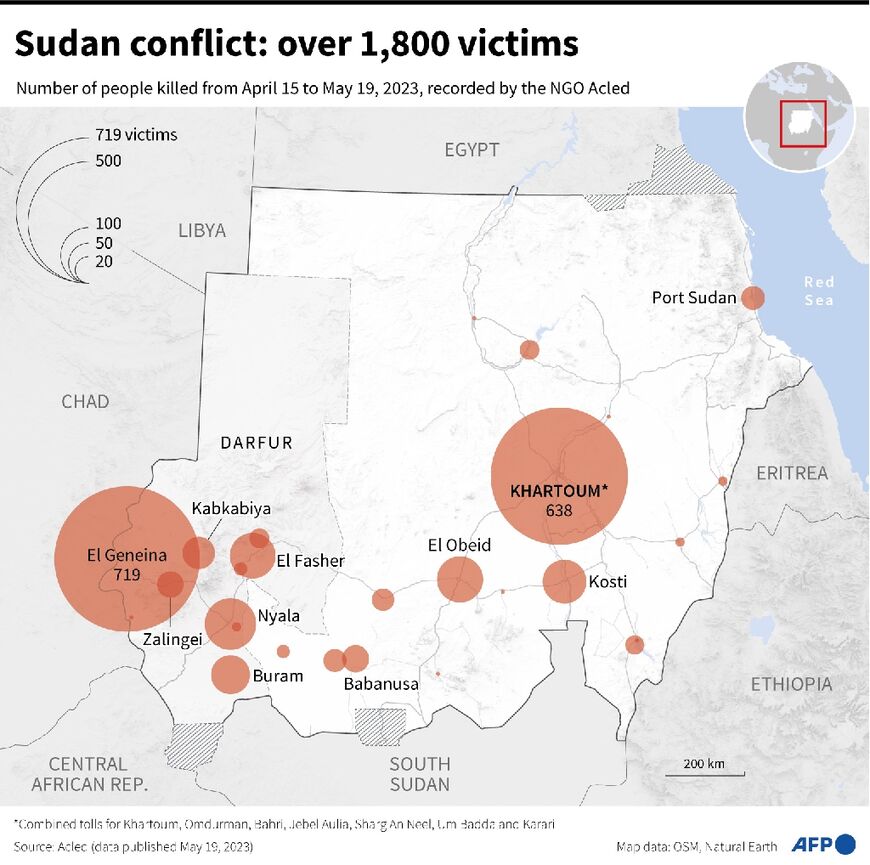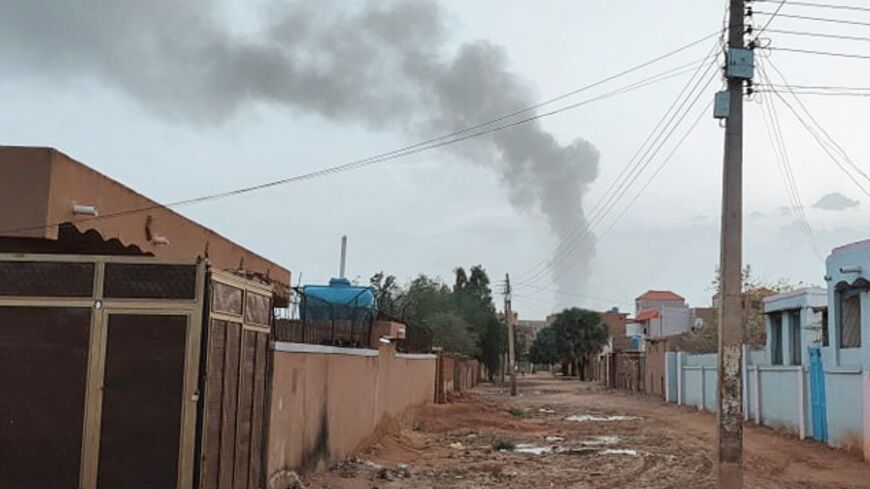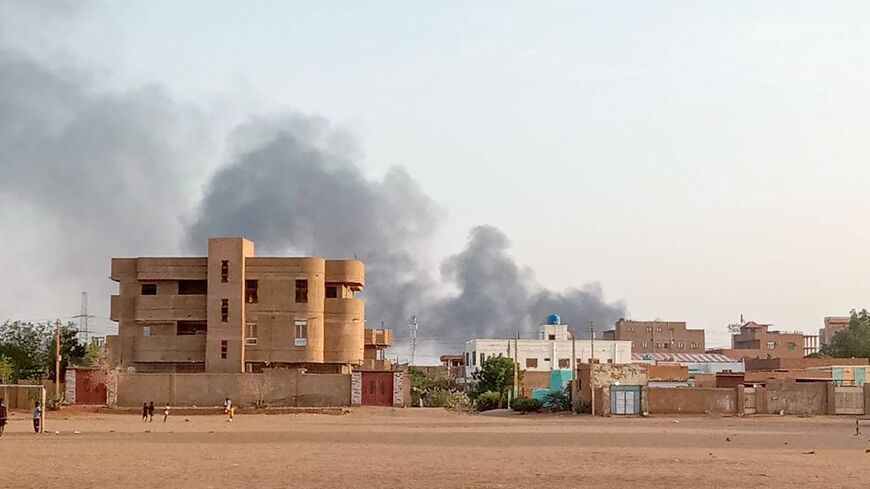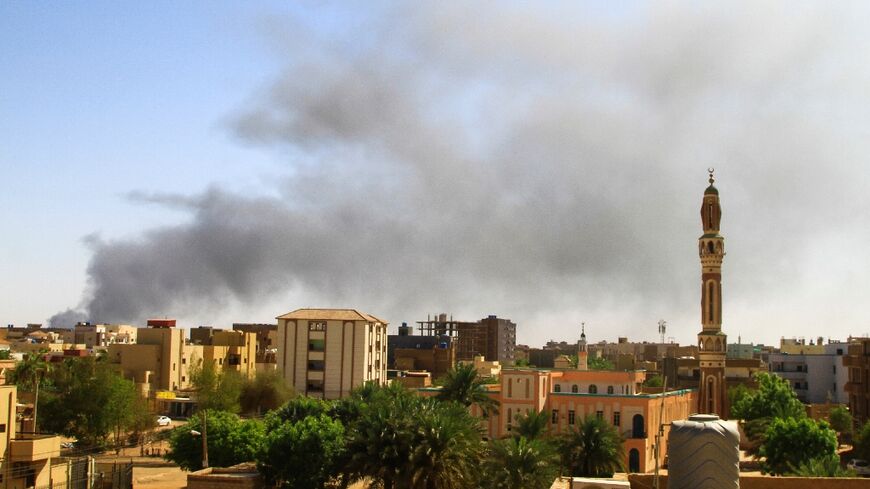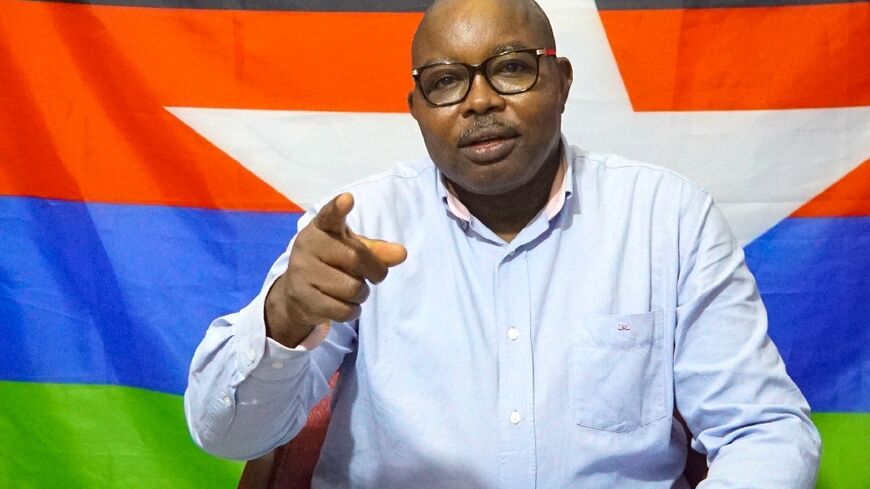Fighting rages in Darfur as Sudan mediators report progress
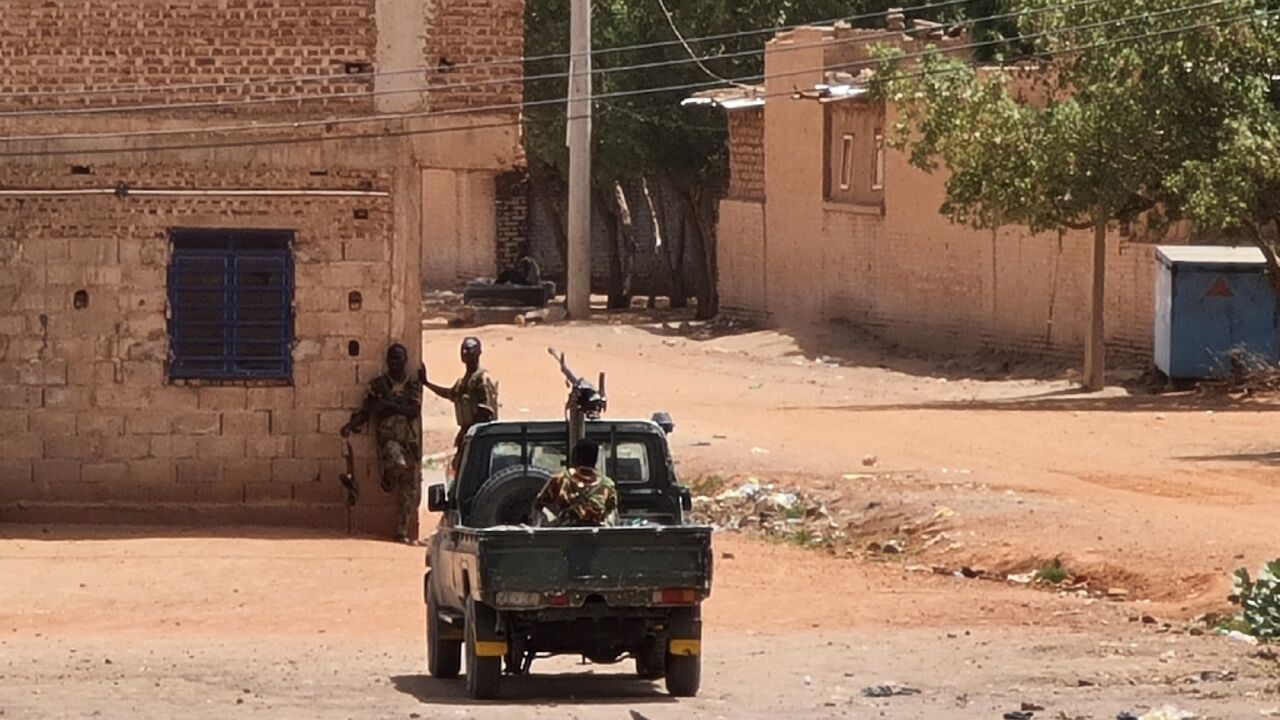
Fierce fighting between rival Sudanese forces on Friday rocked the western region of Darfur, witnesses said, as US and Saudi observers noted "improved respect" for a fragile ceasefire now in its fourth day.
Within minutes of the ceasefire taking effect late Monday, witnesses in the capital Khartoum reported air strikes and gunshots.
The one-week truce is the latest in a series of agreements that have all been systematically violated, with the army and the paramilitary Rapid Support Forces (RSF) accusing each other of more breaches this week.
The United States and Saudi Arabia, which brokered the latest deal, reported "serious violations" since it took effect, particularly on Wednesday.
Washington has threatened sanctions for breaches detected by its "monitoring mechanism", but has not yet targeted either side.
The conflict, which erupted on April 15, pits Sudan's de facto leader General Abdel Fattah al-Burhan against his former deputy, RSF commander Mohamed Hamdan Daglo.
In a joint statement Friday, the mediators "noted improved respect for the agreement" but said there was nevertheless "isolated gunfire in Khartoum".
As civilians, aid groups and mediators pleaded for a stop to the fighting, Sudan's defence ministry issued a call to arms.
In a statement Friday, it called on "army pensioners... as well as all those capable of bearing arms" to head to their nearest military command unit and "arm themselves in order to protect themselves," their families and their neighbours.
- Medical supplies -
The fighting across Sudan has killed more than 1,800 people, according to the Armed Conflict Location and Event Data Project.
The United Nations says more than a million people have been displaced within Sudan, in addition to 300,000 who have fled to neighbouring countries.
Increasingly desperate civilians have been waiting for brief lulls in fighting to flee or for assistance to flow through as battles have left the capital with intermittent supplies of food, water and electricity.
The International Committee of the Red Cross announced Thursday it had finally been able to begin distributing aid to "seven hospitals in Khartoum".
An already strained healthcare system has been decimated by the war, with the vast majority of hospitals out of service in Khartoum and Darfur, which together have seen the worst of the fighting.
The few hospitals that have not been bombed, attacked or occupied by fighters have almost entirely run out of supplies.
Conditions are particularly dire in Darfur, on the western border with Chad, a region already ravaged by a brutal two-decade war that erupted in 2003 and saw then president Omar al-Bashir unleash the feared Janjaweed militia to crush a rebellion among ethnic minority groups.
The RSF traces its origins to the Janjaweed.
In El Fasher, capital of North Darfur state, residents reported "battles with all types of weapons" on Friday.
- 'Race against time' -
Even before the conflict began, one-third of Sudan's 45 million people relied on aid to survive.
Now, some 25 million people are in need of humanitarian assistance, the UN said.
"Without immediate action, life-saving activities in many parts of Sudan may be put on hold," said Ahmed Abdelrahman, Brussels operations director at Doctors Without Borders (MSF), warning medics in the country were "stretched beyond their limit".
"Our surgical team in Khartoum, for example, has been operating non-stop for more than ten days. If we are unable to rotate in another team, it may not be possible to continue these crucial activities," Abdelrahman said in a statement Friday.
The Islamic Relief aid group also warned on Friday that "humanitarian agencies face a race against time to deliver aid to people before the rainy season makes parts of the country inaccessible".
The rainy season, which begins in June, also raises the risk of cholera, malaria and water-borne diseases.
Alfonso Verdu Perez, head of the ICRC delegation in Sudan, said getting supplies through to civilians "is a matter of life and death".
"Only 20 percent of health facilities in Khartoum are still functioning -- a true collapse of the system right when it's needed the most," he warned.
"Hospitals also urgently need water, electricity and a safe environment for their patients and staff," Perez said, with medical personnel reporting intimidation, threats and attacks by both sides.
The army accused the RSF Friday of "storming" and "looting" a children's hospital.
